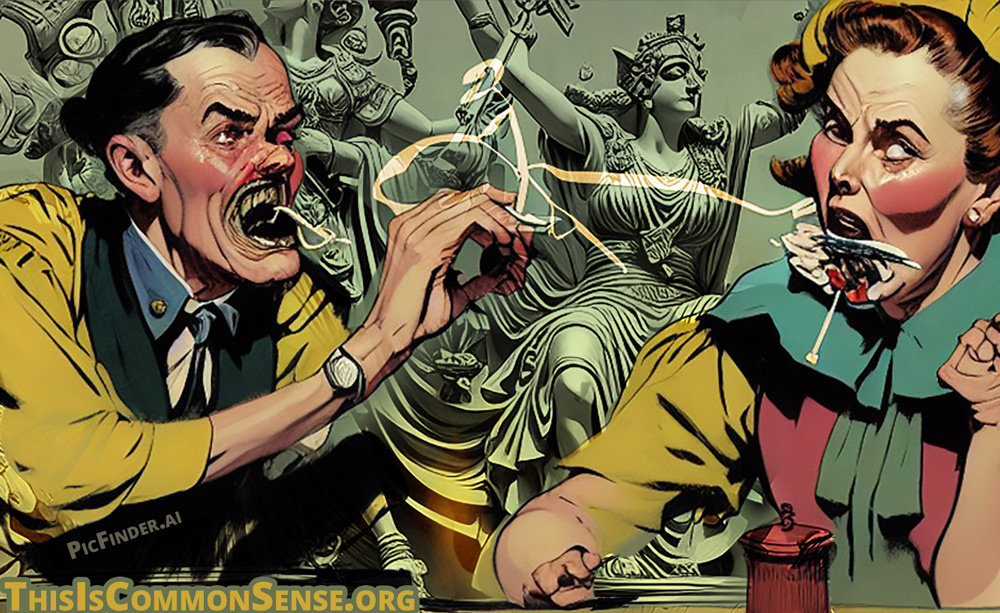The Iowa house has acted to make it easier for persons in the state to speak without getting sued into oblivion.
By a 94 – 1 vote, representatives passed House File 177, an anti-SLAPP bill that provides for prompt dismissal of lawsuits intended to intimidate people into silence rather than to redress wrongdoing. (A SLAPP is a “strategic lawsuit against public participation.”)
The bill seeks to protect “the exercise of the right of freedom of speech and of the press, the right to assemble and petition, and the right of association.”
One lawmaker behind the bill, Republican floor manager Steven Holt, said that he made it a priority after the Carroll Times Herald was litigated into penury for reporting on the case of a local married police officer, Jacob Smith, who had pursued inappropriate relationships with teenage girls.
Just before the paper published its findings, Smith resigned from his job. Then he promptly sued the Herald for libel. The reporting would make things tough for him, he attested.
The suit failed, but not before a year in court that cost the small-town newspaper about $140,000 in legal fees and related expenses. (The paper has launched a GoFundMe campaign to recover this amount.)
David Keating, president of Institute for Free Speech, says that if the anti-SLAPP bill is enacted, “Iowa would leap from last to best in the nation at preventing frivolous lawsuits from threatening free speech.”
Let’s hope that all other states then play catch-up.
This is Common Sense. I’m Paul Jacob.

Illustration created with PicFinder.ai
See all recent commentary
(simplified and organized)
See recent popular posts

One reply on “The Last Shall Be First”
I’ve not been able to find what reason (if any) was given by Representative Mark Cisneros ® for opposing the measure.
Laws against slander and libel are problematic.
While people often treat their reputations as their own property, a reputation exists in minds, and primarily in the minds of other people. One simply does not have property in the thoughts of other people, and so cannot have property one’s reputation. Otherwise, it would be possible to sue or to prosecute others for having formed wrong opinions, which they very often do without anyone lying to them.
When a newspaper or broadcaster lies, the advertisers and subscribers may have been defrauded, and so in theory one might bring action on that basis; but only if the advertisers and subscribers could be shown to have paid for the truth. (I do not think that anyone buying a copy of The New York Times or placing an advertisement in The Washington Post still has such expectation!) In such cases, perhaps the person about whom the lies were told might be empowered to sue as a means of defending the people defrauded.
If I accepted the idea of slander or libel as properly legal offenses, then I would worry about Anti-SLAPP laws, as they might be used by ideologically corrupt judges (who are legion) to dismiss suits with merit.